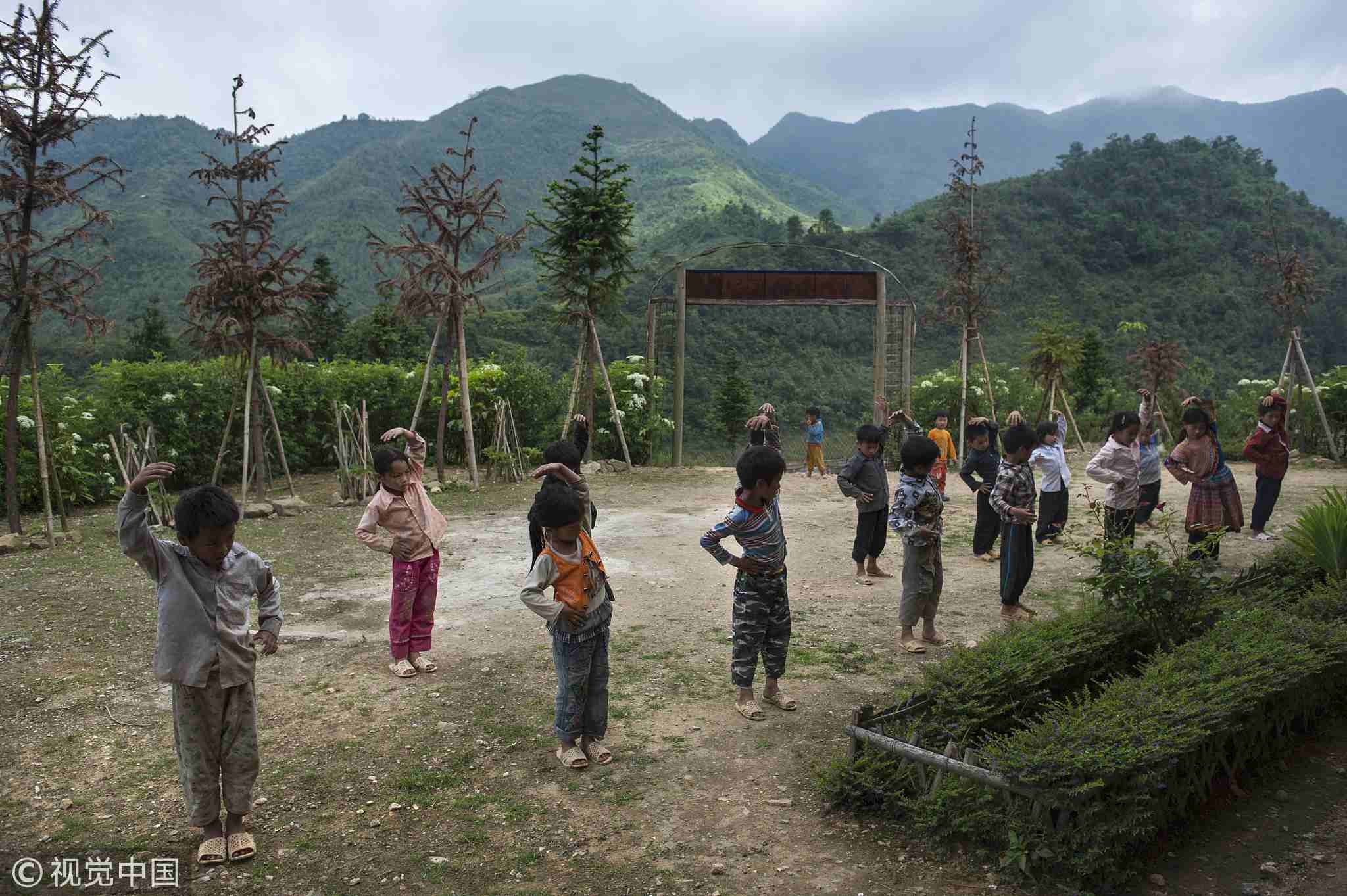
Opinions
10:54, 13-Nov-2018
Opinion: Asian countries need to do more to encourage inclusive growth
Updated
10:48, 16-Nov-2018
Carl F. Fey

Editor's note: Carl F. Fey is a professor of International Business at Aalto University School of Business. The article reflects the author's opinion, and not necessarily the views of CGTN.
Under the theme of "Harnessing Inclusive Opportunities, Embracing the Digital Future," this year's APEC summit will be held in Papua New Guinea this week, where world leaders will gather to discuss ways to promote balanced, inclusive and secure growth in Asia and accelerate regional economic integration.
While the last few decades have seen a substantial reduction in poverty in Asia, there is still much more work to do especially since this growth has not been shared equally with the all in Asia. In fact, inequality has been rising. Inclusive growth is key to help address the problem and something Asia should pay more attention to encouraging.
According to the Organization for Economic Cooperation and Development, inclusive growth is economic growth that is distributed fairly across a society and creates opportunities for all. But in some places, inequality is still a severe problem. For instance, the four richest men have more wealth than the bottom 100 million people in Indonesia, according to media reports. Situations like this should make us reflect if we should continue as things have been.
Education and healthcare

Children exercise at a school in Vietnam. /VCG Photo
Children exercise at a school in Vietnam. /VCG Photo
People need incentives to work and one needs to be sure that tax rates do not become so high that they reduce the incentive for hard and extra work. Countries do need to remain competitive in their corporate and individual tax rates to attract the best firms and people.
However, balance is needed and corporate tax rates should be maintained at medium levels so that governments have enough revenue to offer sufficient social programs to help all of their citizens, including their poor.
It's concerning that a race of lowering corporate tax rates has occurred in recent years in Asia. As a result, governments may not have enough revenue to provide services for all citizens. It may often lead to governments' raising other types of taxes, such as VAT, which tend to tax the rich and poor more evenly. Governments in Asia should work together to stop this race to the bottom in terms of corporate tax rates.
Governments not having enough revenue due to tax policy and other reasons are not able to spend enough on education, including even primary education. This is a problem in Asia. For example, UNICEF estimates that 11.3 million primary-aged children in South Asia are not receiving schooling. Since much research has shown that schooling is key to getting out of poverty, this is a number we should all work to radically decrease.
Healthcare also needs to be improved in Asia. For example, 85,000 women die every year in Asia as a result of complications from pregnancy and childbirth. It is estimated that 90 percent of these deaths could be prevented with appropriate healthcare.
The above demonstrates that many governments in Asia need to spend more on schooling and health care. Healthy, educated people are fuel for economic growth.
Free trade

Foreigners perform at the China International Import Expo in Shanghai. /VCG Photo
Foreigners perform at the China International Import Expo in Shanghai. /VCG Photo
As populism and protectionism are increasing in various countries around the world, it is important to urge governments to recognize that freer trade can help create a larger pie that can help all to advance. We should commend recent efforts by the Chinese government to self-regulate and take actions to decrease its trade surplus. For instance, the country held the China International Import Expo in Shanghai this November to help other countries sell more products to China.
Governments should also recognize the important role that immigrants have played in most countries and be encouraged to stay away from too restrictive immigration policies. Some have suggested that tighter immigration policies are needed to prevent terrorists, but terrorists who want to get into a country will always find a way for themselves or one of their associates to get in.
I am all for taking steps to decrease terrorism, but we should be careful that the actions we take actually produce the desired results and evaluate at what costs those results were obtained.
It is great that Asia is seeing growing prosperity. However, it is important that we are not blinded by the glitter of economic success for some and together focus on ways that we can work to help all of the people of Asia, including Asia's poorest, to have a better living standard through inclusive growth.
(If you want to contribute and have specific expertise, please contact us at opinions@cgtn.com)

SITEMAP
Copyright © 2018 CGTN. Beijing ICP prepared NO.16065310-3
Copyright © 2018 CGTN. Beijing ICP prepared NO.16065310-3